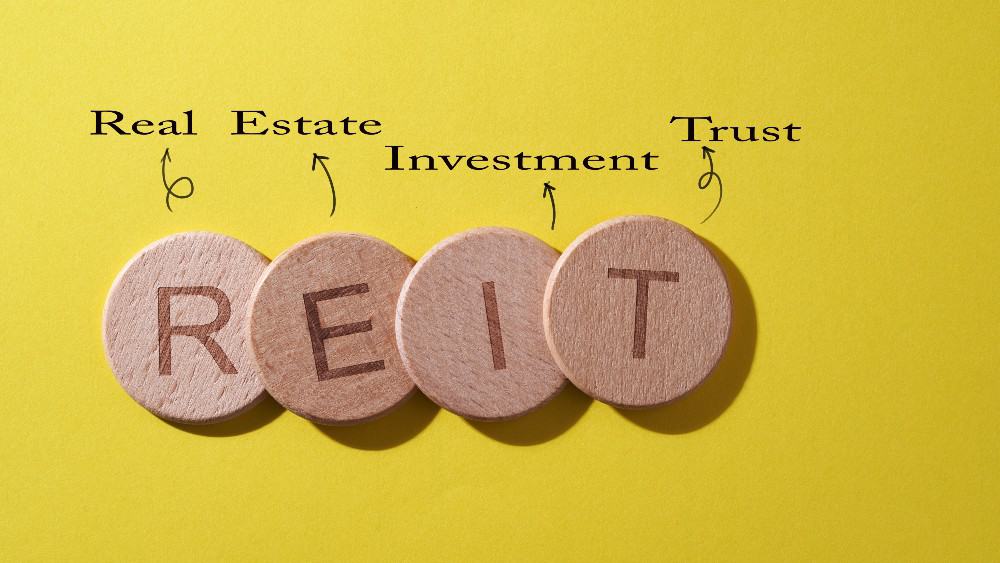REITs (real estate investment trusts) have not fared well in recent months due to recession risks that only seem to rise with every interest rate hike. Undoubtedly, there are signs that a recession may be unavoidable. From layoffs to hiring pauses, it seems as though we’ve already slipped into a downturn. Though high inflation levels may be partially to blame, I think that investors should continue to be cautiously optimistic, given much of the recession risk has already been baked in at these levels.
Undoubtedly, there are few places to hide when euphoria turns to panic. Though we may not be in panic mode yet, one can’t help but notice the feeling of unease on Wall and Bay Street. It’s tough to find anything to put your money on these days, given the trajectory of this market and how unforgiving 2022 has been to growth investors.
REITs have been slammed amid recession fears
Everything can take a hit when investors rush to cash, including REITs. While REITs may be less volatile on average, they’re technically still risky assets, and they can take quite a hit on the chin when the going gets tough.
Still, unlike many no-yielders, REITs can be among the best buys when markets slip into a steep correction or bear market.
Why? Like with dividend stocks, as share prices fall, yields go up. Given many REITs have high yields (some well over the 5% mark) by design, buying dips on REITs can be a very bountiful way to lock in much higher yields.
Like dividend stocks, though, REITs can slash their payouts at the drop of a hat. If rent collection rates plummet or vacancy rates soar, it’s hard to keep paying a hefty distribution commitment to shareholders. Once a distribution heads for the chopping block, many investors tend to bail, and there’s some degree of reputation damage on the part of the REIT.
Remember, high distributions are the main attraction to many REITs. And a cut to a distribution will hurt so much more than your run-of-the-mill 2-3%-yielding dividend stock. That’s why it’s essential to make sure you’re not hanging onto shares of a REIT that stands to get hurt by an ominous trend.
H&R REIT: A fallen REIT that’s seen a drastic valuation reset
Take H&R REIT (TSX:HR.UN) as an example. The COVID pandemic was pretty much a worst-case scenario for the diversified property behemoth. With so much retail and office exposure, the REIT imploded and has yet to recover a full two years after the start of the coronavirus market crash.
The rise of remote work has permanently taken the edge out of office space. That’s a major reason why H&R slashed its distribution when headwinds were high.
Demand for office space is unlikely to recover to pre-pandemic norms, and for an office-heavy REIT, that’s a tough pill to swallow. H&R has made moves to adapt to the new normal, including selling office assets and spinning off parts of its business. In any case, investors aren’t convinced H&R can be a great bet again.
Shares don’t yield all that much at just 3.9%. That’s far less than some dividend stocks! Still, with a 2.8 times trailing earnings multiple and further relief to be had post-recession, I view the REIT as a potential bargain. The new distribution is muted, but it’s now safe and sound. Eventually, investors will re-discover the value of the REIT’s assets. Until then, the REIT looks to be on sale.








